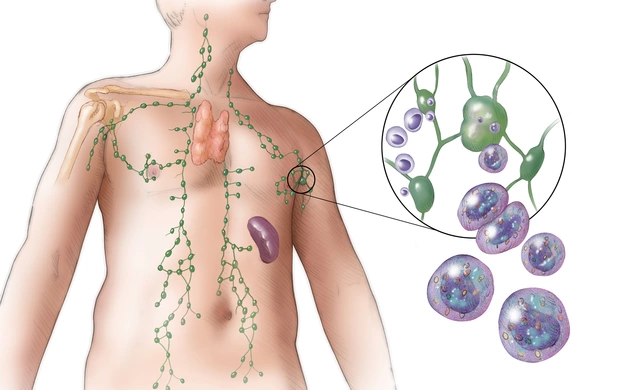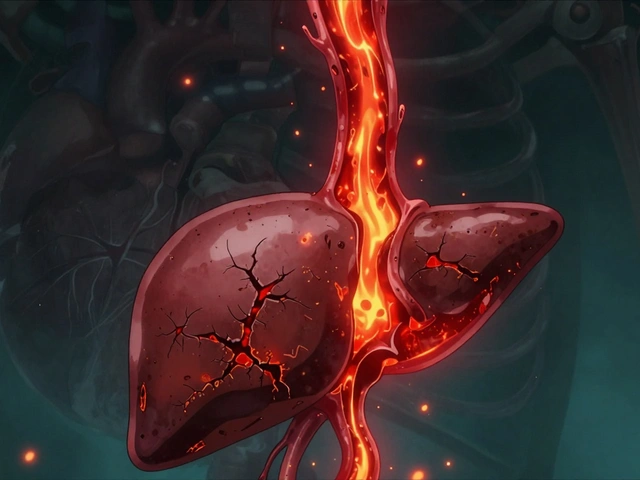Isotroin alternatives: what really works when isotretinoin isn’t for you
Isotroin (isotretinoin) can clear severe acne, but many people can’t or don’t want to take it. Maybe you’re worried about side effects, lab monitoring, or pregnancy risks. Good news: there are solid alternatives. This page breaks down real options, what to expect, and quick tips for talking with your doctor.
Topical options first: gentler but steady
If your acne is mild to moderate, start here. Topical retinoids (adapalene, tretinoin, tazarotene) normalize skin cell turnover and prevent clogs. Combine them with benzoyl peroxide to cut bacteria and inflammation. Expect improvement in 6–12 weeks; irritation and dryness early on are common, so introduce products slowly and use a gentle moisturizer.
Topical antibiotics (clindamycin) still help when paired with benzoyl peroxide, but avoid long-term use alone to prevent resistance. Over-the-counter fixes like salicylic acid and sulfur can reduce oil and unclog pores, and they’re safe for everyday use.
Oral and procedural alternatives: when topicals aren’t enough
Oral antibiotics such as doxycycline or minocycline are often the next step for moderate inflammatory acne. They usually work within a few weeks and are commonly used for 3 months or more. Watch for stomach upset, sun sensitivity (doxycycline), and rare side effects—talk to your doctor about safe length of use.
For people who can’t take isotretinoin and who are female, hormonal treatments are powerful. Combined oral contraceptives can lower acne linked to hormonal cycles. Spironolactone, a blood-pressure medicine used off-label for acne, reduces oil production and often helps women with hormonal acne; improvements may take 3–6 months. These options aren’t suitable for everyone, so discuss risks and pregnancy considerations with your provider.
Procedures can accelerate results: chemical peels, light/laser therapies, and blue-light treatments reduce bacteria and inflammation. Cortisone injections give fast relief for painful cysts. These are best done under a dermatologist’s care and often work well alongside medical treatments.
How to choose? Match the option to your acne type, lifestyle, and risk tolerance. If you want fast, dramatic clearing and accept the monitoring and pregnancy rules, isotretinoin is unique. If not, a combination plan—topical retinoid + benzoyl peroxide + short oral antibiotics, or hormonal treatment for women—often gets great results with fewer risks.
Practical tips before starting anything: be upfront about pregnancy plans, current meds, and past reactions. Ask about expected timelines, side effects to watch for, and follow-up plans. If a treatment isn’t helping after a fair trial (usually 8–12 weeks for topicals, 3 months for antibiotics), ask your clinician about next steps.
Want a quick checklist to bring to your appointment? Write down your acne history, past meds and responses, any pregnancy plans, and a list of priorities (speed of clearance, avoiding certain side effects, cost). That short list helps your dermatologist suggest the best Isotroin alternatives for you.

Exploring Effective Alternatives to Isotroin for Acne Treatment
Isotroin is a well-known treatment for acne, but not everyone can use it due to side effects or personal preferences. This article delves into nine effective alternatives that patients might consider, ranging from topical solutions like retinoids and azelaic acid to advanced procedures like laser treatments and photodynamic therapy. Each option is broken down to highlight its pros and cons, helping readers make informed decisions for their skincare needs.
Detail




